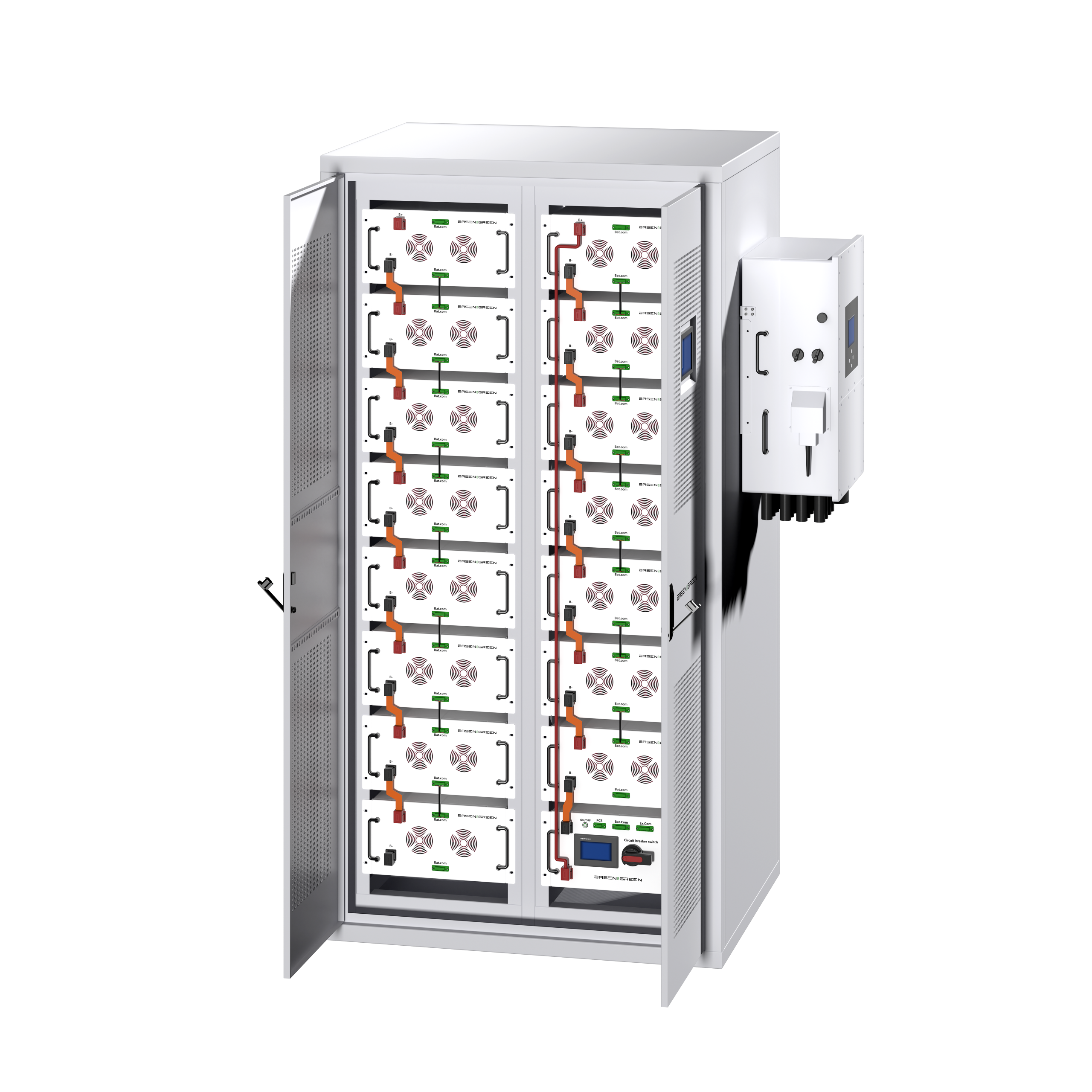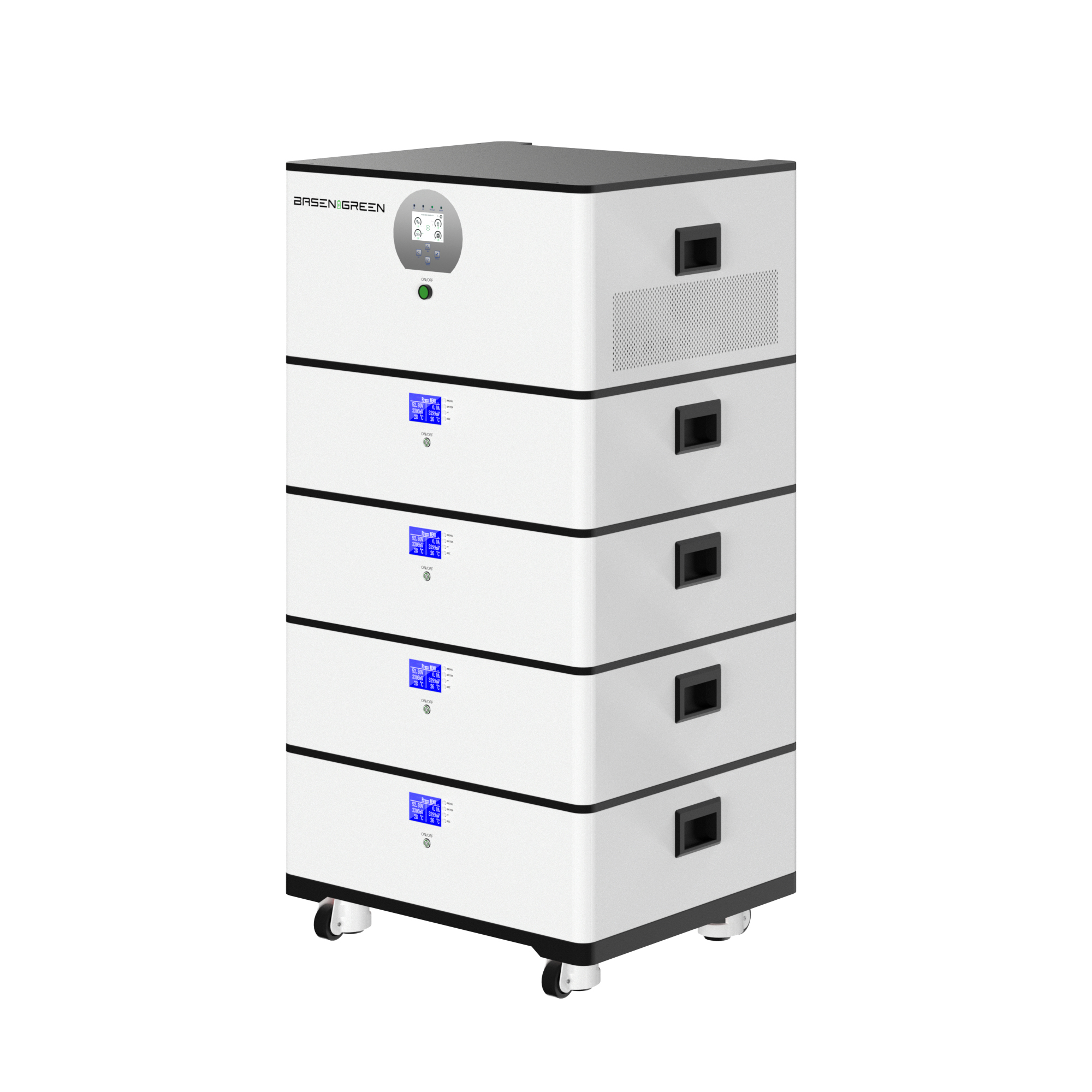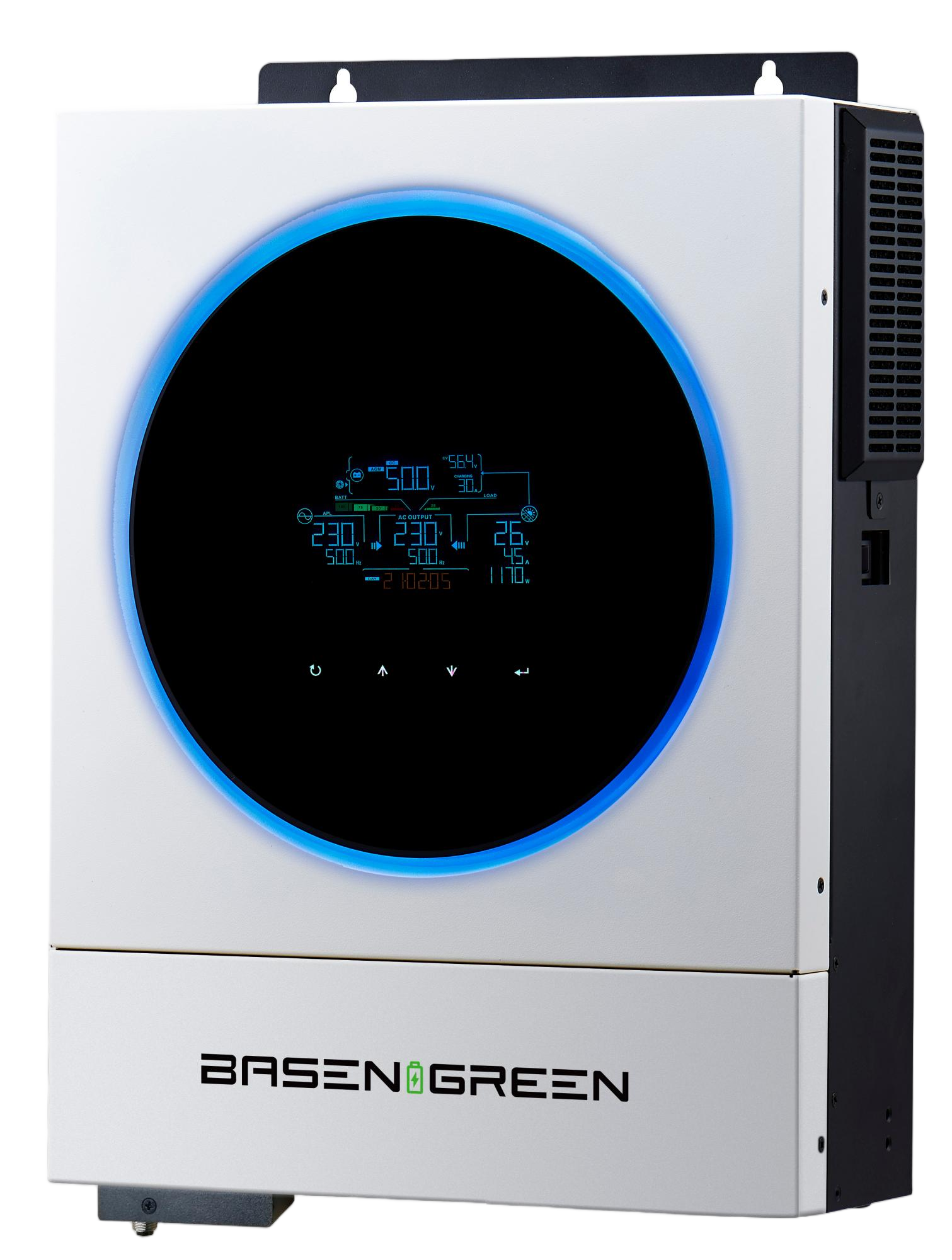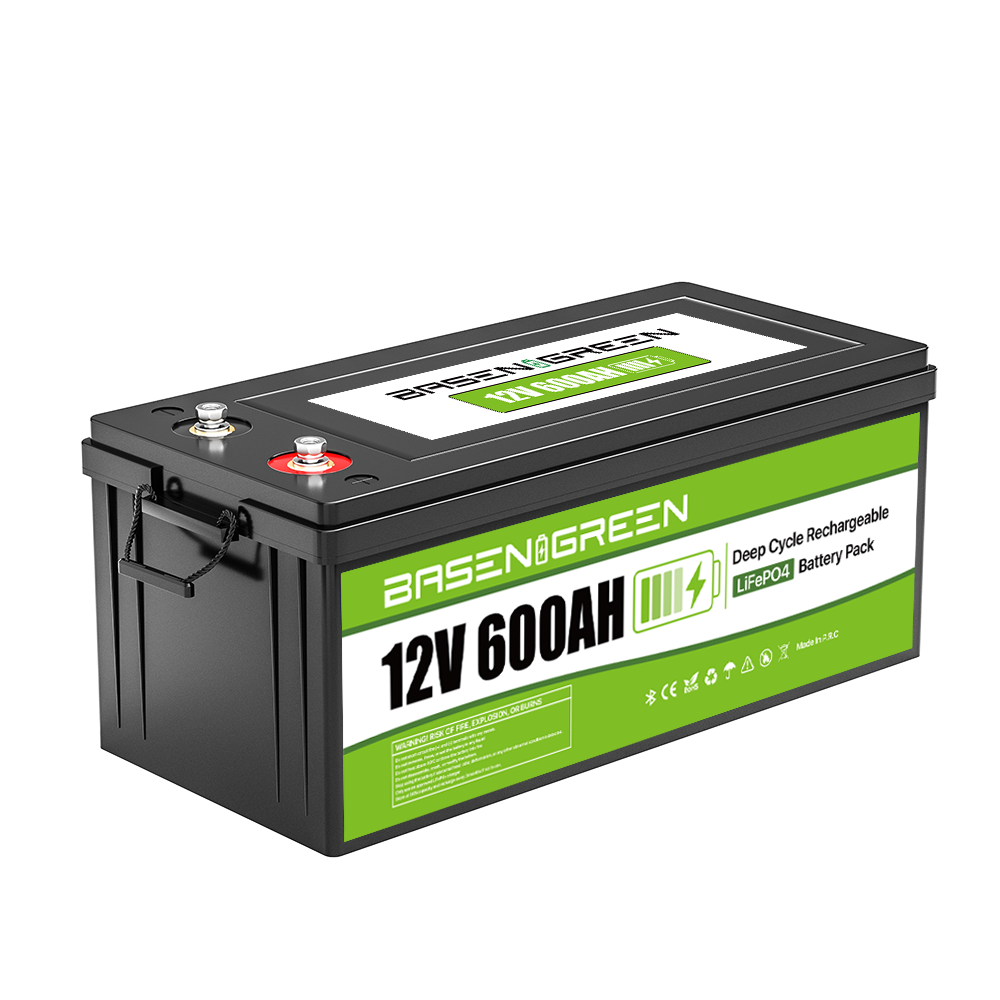SunGrow Inverter Compliance with New EU CE Regulations
The European Union (EU) has always been at the forefront of establishing stringent regulations to ensure the safety, health, and environmental protection of its citizens. Among these regulations, the CE marking has become a symbol of compliance with EU directives. For manufacturers and suppliers operating within the EU or targeting the European market, adhering to these regulations is not just a legal requirement but also a testament to their commitment to quality and sustainability. In the context of solar energy systems, inverters play a critical role in converting solar energy into a usable form of electricity. One such manufacturer, SunGrow, has demonstrated its dedication to compliance with the latest EU CE regulations, ensuring its inverters meet the highest standards of quality and safety.
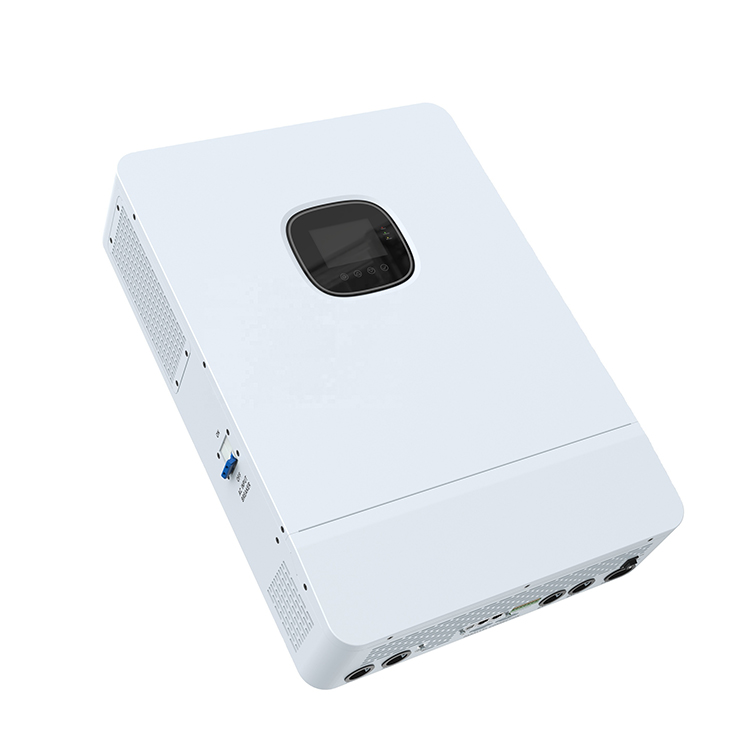
Understanding the CE Marking and Its Importance
The CE marking is a mandatory conformity mark for products sold in the European Economic Area (EEA). It indicates that a product has met the essential requirements of relevant EU directives and can be sold throughout the EEA without any further restrictions. The CE mark is not a quality seal but rather a declaration that the product complies with the applicable EU regulations.
For inverters, the CE marking is particularly significant because these devices form a crucial part of solar energy systems. They are responsible for converting the variable direct current (DC) output of solar panels into a stable alternating current (AC) that can be used to power homes, businesses, and even feed into the grid. Given the importance of inverters in solar energy systems, their compliance with EU regulations is not just a legal requirement but also a measure of their reliability and safety.
SunGrow Inverters and Compliance with EU CE Regulations
SunGrow, a leading manufacturer of solar energy solutions, has consistently demonstrated its commitment to compliance with EU CE regulations. The company understands that compliance is not a one-time achievement but an ongoing process that requires continuous monitoring and adaptation to changing regulations.
To ensure compliance, SunGrow follows a rigorous testing and certification process. This includes:
Design Compliance: SunGrow’s inverters are designed with compliance in mind. The company adheres to the latest EU directives, including the Low Voltage Directive (LVD) and the Electromagnetic Compatibility (EMC) Directive. These directives ensure that products are safe to use and do not emit harmful levels of electromagnetic interference.
Testing and Certification: SunGrow inverters undergo extensive testing to ensure they meet the requirements of EU regulations. This includes testing for electrical safety, electromagnetic compatibility, and environmental protection. The testing is conducted by independent third-party certification bodies, which provide an objective assessment of compliance.
Documentation: SunGrow maintains comprehensive technical documentation for its inverters, including design drawings, material specifications, and test reports. This documentation is crucial for demonstrating compliance with EU regulations and is often required for CE marking.
Ongoing Compliance Monitoring: SunGrow continuously monitors changes in EU regulations and updates its products and processes accordingly. This ensures that its inverters remain compliant with the latest directives and standards.
Benefits of SunGrow Inverters’ Compliance with EU CE Regulations
Compliance with EU CE regulations offers several benefits to SunGrow, its customers, and the broader solar energy industry. These include:
Market Access: By ensuring compliance with EU CE regulations, SunGrow gains access to the European market, which is one of the largest and most demanding markets for solar energy products.
Reputation and Credibility: Compliance with EU regulations enhances SunGrow’s reputation as a reliable and quality-focused manufacturer. This credibility can lead to increased customer trust and long-term partnerships.
Reduced Risk of Legal Issues: Adhering to EU CE regulations minimizes the risk of legal disputes and penalties, which can be costly and time-consuming.
Improved Product Quality: The rigorous testing and certification process required for CE compliance often leads to improvements in product quality and performance. This benefits both SunGrow and its customers.
Environmental Protection: By adhering to EU environmental protection standards, SunGrow contributes to the broader goal of sustainable energy production and consumption.
In conclusion, SunGrow’s commitment to compliance with EU CE regulations is a testament to its dedication to quality, safety, and sustainability. By adhering to the latest EU directives and undergoing rigorous testing and certification, SunGrow ensures that its inverters meet the highest standards of quality and safety. This not only enhances the company’s reputation in the European market but also contributes to the broader goals of sustainable energy production and environmental protection. As the solar energy industry continues to grow and evolve, SunGrow’s commitment to compliance will remain a key factor in its success.


